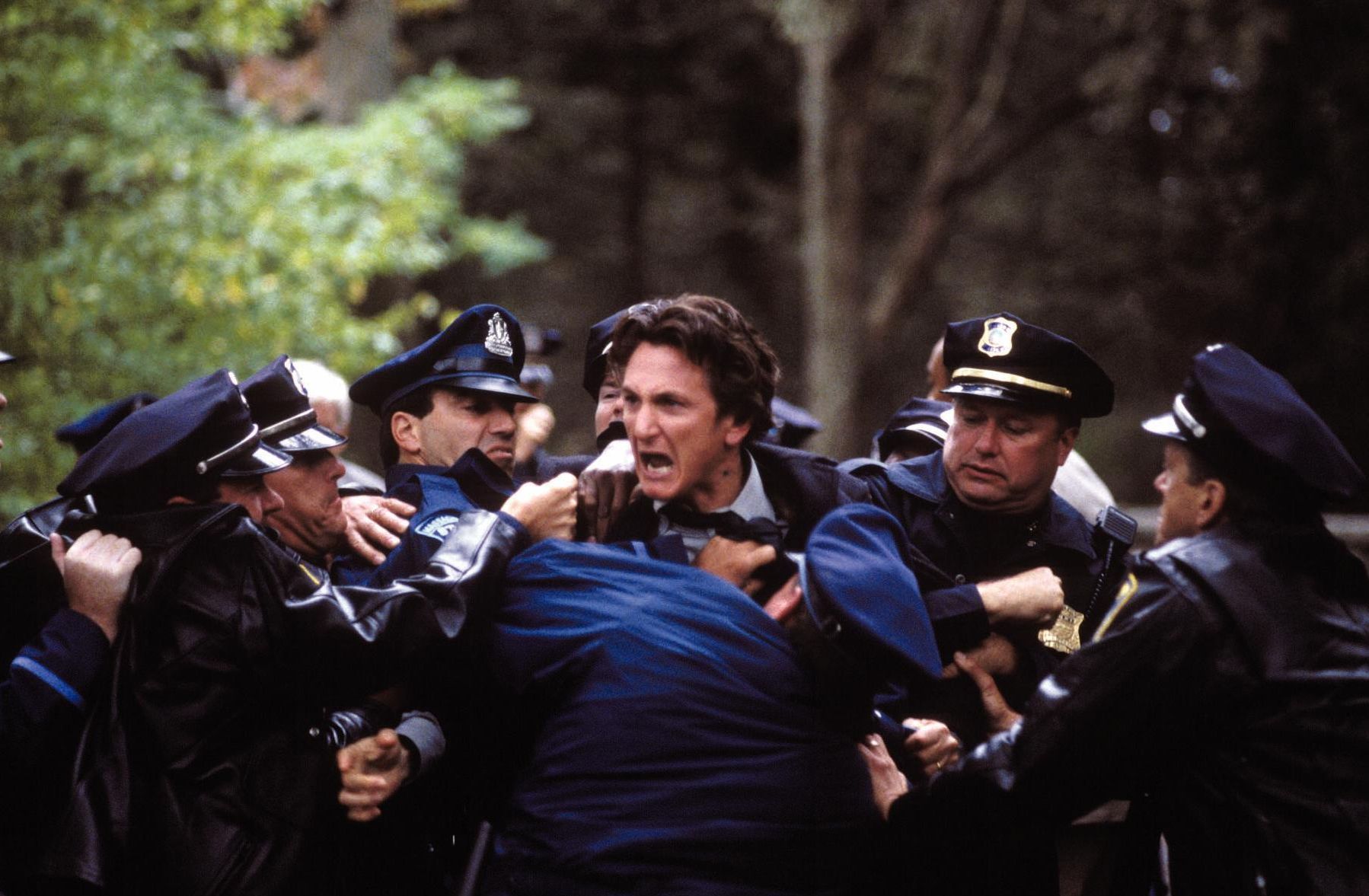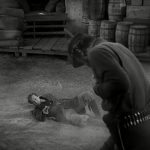🎬 Mystic River (2003)
- vansinh
- October 26, 2024
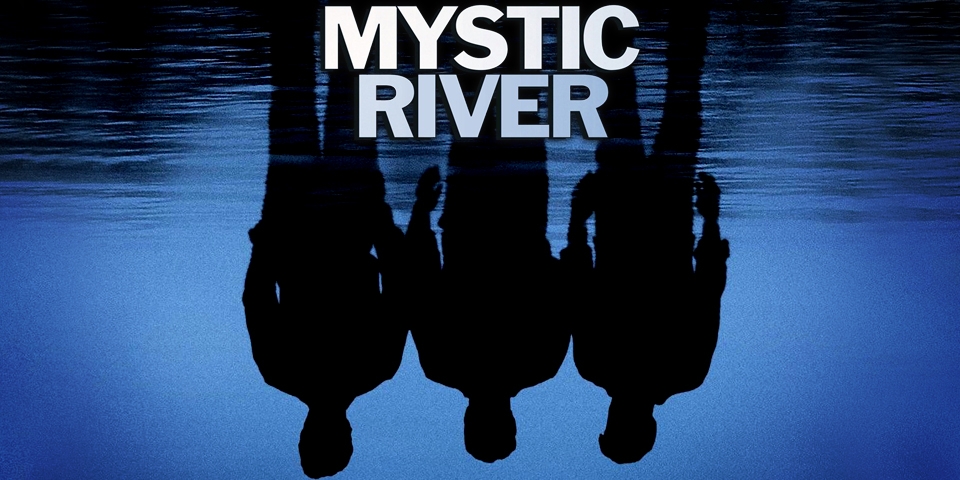
Mystic River (2003): A Gripping Tale of Trauma and Revenge
*Directed by Clint Eastwood, Mystic River is a haunting exploration of the enduring scars of childhood trauma and the complex web of friendship, loss, and vengeance. Based on the novel by Dennis Lehane, the film follows the lives of three childhood friends—Jimmy Markum (Sean Penn), Dave Boyle (Tim Robbins), and Sean Devine (Kevin Bacon)—who are irrevocably changed by a horrific event from their past. When tragedy strikes again in their adult lives, the fragile bonds of their friendship are put to the ultimate test. 🌧️🔍
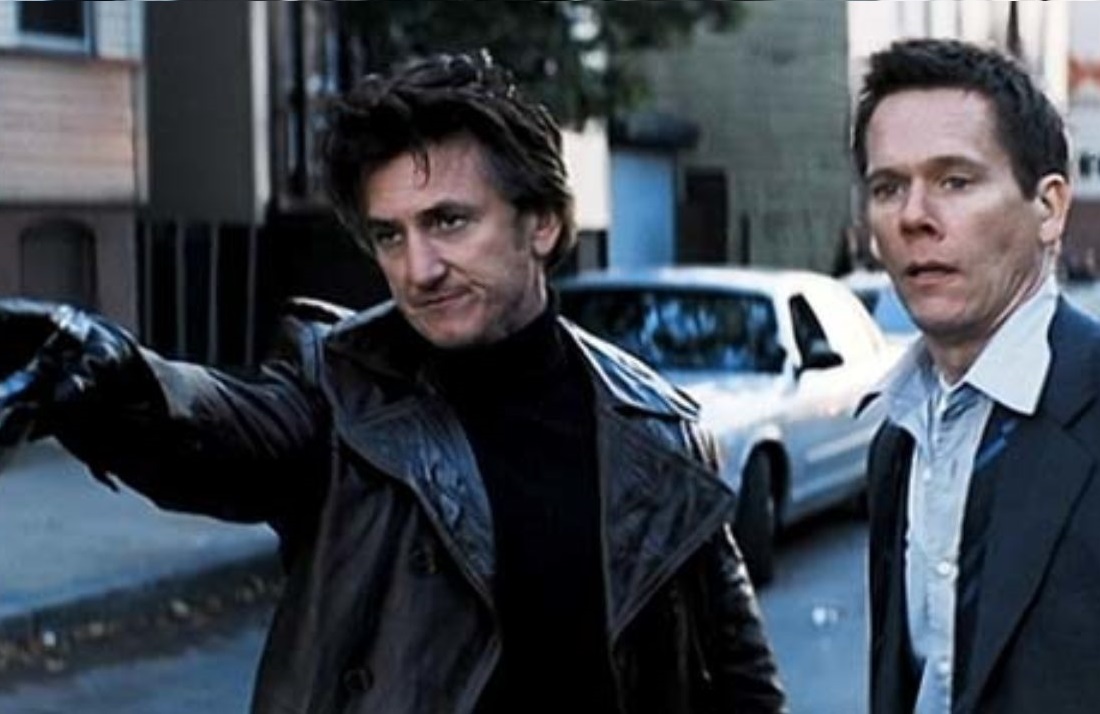
Set against the backdrop of a working-class Boston neighborhood, the story begins with a traumatic incident in the boys’ childhood that leaves deep psychological scars. Years later, as adults, the trio’s paths cross once more when Jimmy’s daughter is brutally murdered. As the investigation unfolds, Dave becomes a prime suspect, raising questions about loyalty, betrayal, and the consequences of their shared history. The film expertly weaves together themes of grief, guilt, and the struggle for justice, revealing how the past continues to haunt the characters’ present lives. 🕵️♂️⚖️
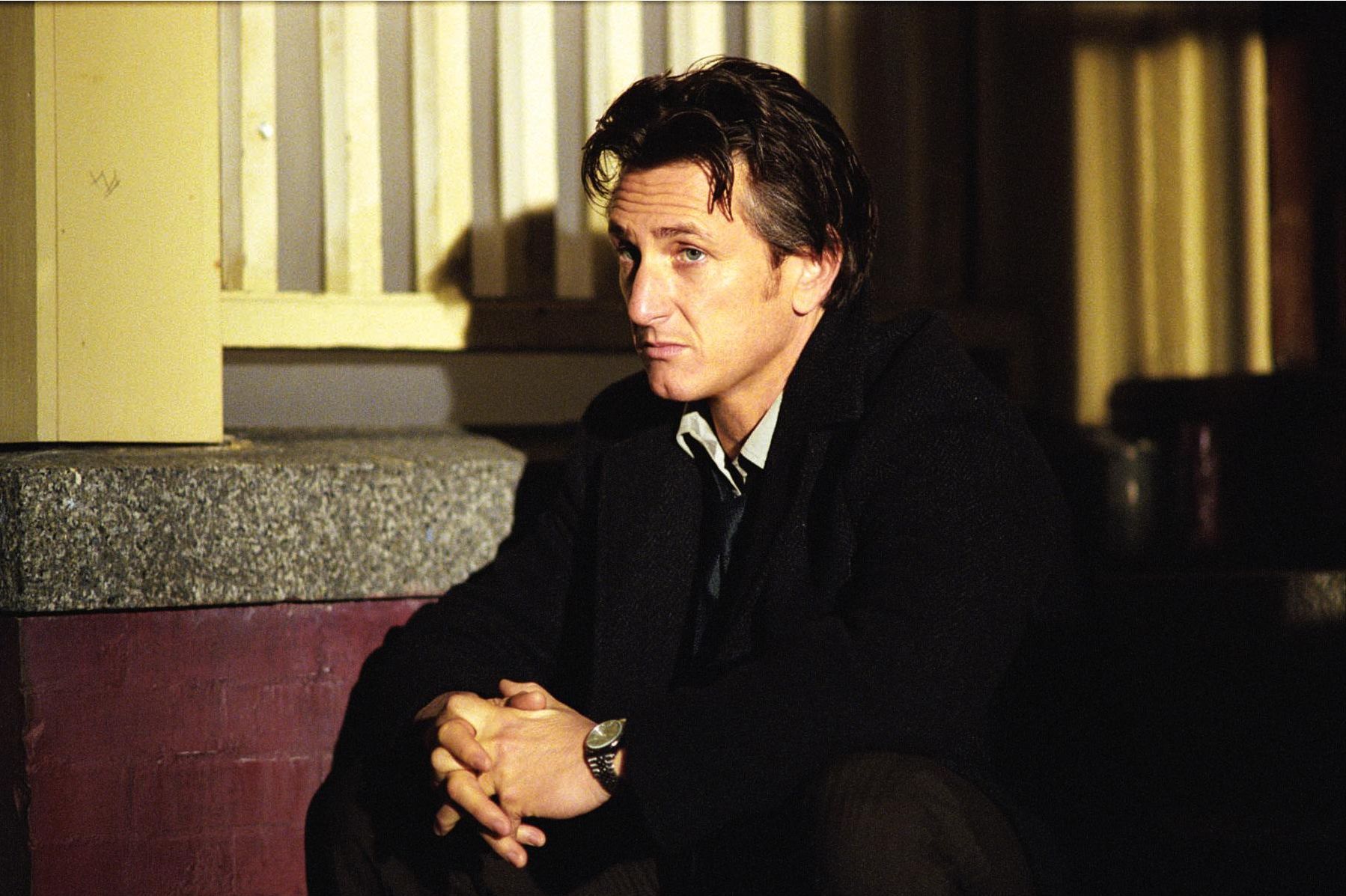 Eastwood’s direction is masterful, employing a somber tone and a meticulously crafted atmosphere that heightens the film’s emotional intensity. The cinematography by Tom Stern captures the bleakness of Boston’s streets, reinforcing the film’s themes of isolation and despair. The haunting score by Clint Eastwood himself further amplifies the emotional weight of the narrative, enhancing the sense of tragedy and inevitability that permeates the story. 🎶🏙️
Eastwood’s direction is masterful, employing a somber tone and a meticulously crafted atmosphere that heightens the film’s emotional intensity. The cinematography by Tom Stern captures the bleakness of Boston’s streets, reinforcing the film’s themes of isolation and despair. The haunting score by Clint Eastwood himself further amplifies the emotional weight of the narrative, enhancing the sense of tragedy and inevitability that permeates the story. 🎶🏙️
The performances in Mystic River are nothing short of extraordinary. Sean Penn delivers a powerhouse portrayal of a father consumed by grief and a desperate desire for revenge, while Tim Robbins offers a hauntingly vulnerable performance as a man grappling with his own trauma and guilt. Kevin Bacon’s portrayal of the conflicted detective adds depth to the narrative, highlighting the complexities of friendship and loyalty amidst tragedy. The chemistry between the actors brings authenticity to their characters’ struggles, making their emotional turmoil palpable. 🎭💔
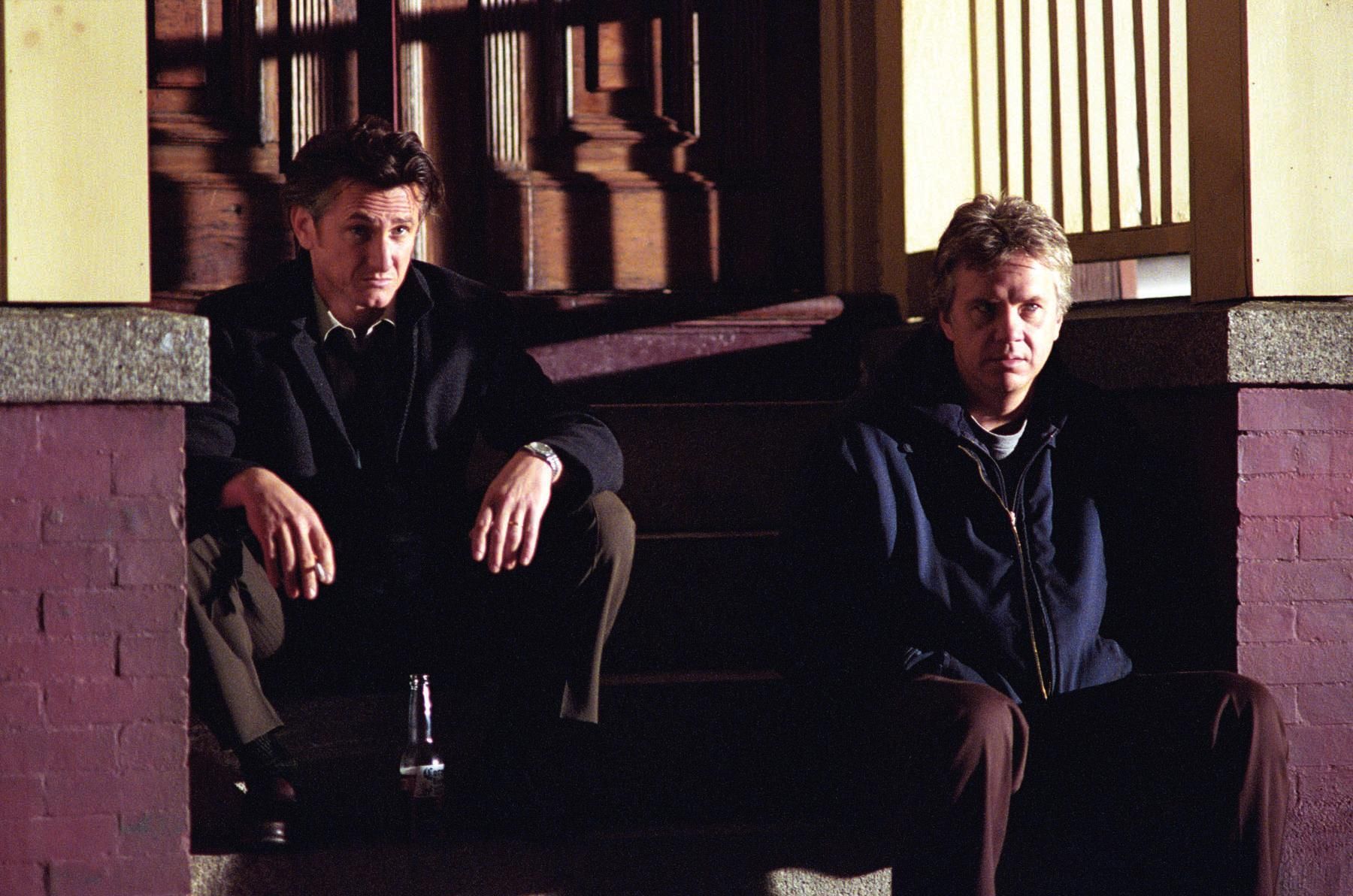 As the film progresses, the tension mounts, leading to a devastating climax that forces the characters to confront their past and the choices they’ve made. The moral ambiguity of their actions challenges the audience to grapple with the nature of justice and whether true closure can ever be achieved. The final scenes leave viewers questioning the consequences of revenge and the heavy toll it takes on the human soul, ensuring that Mystic River lingers in their thoughts long after the credits roll. 🌊⚔️
As the film progresses, the tension mounts, leading to a devastating climax that forces the characters to confront their past and the choices they’ve made. The moral ambiguity of their actions challenges the audience to grapple with the nature of justice and whether true closure can ever be achieved. The final scenes leave viewers questioning the consequences of revenge and the heavy toll it takes on the human soul, ensuring that Mystic River lingers in their thoughts long after the credits roll. 🌊⚔️
In conclusion, Mystic River is a profound exploration of the complexities of friendship, the weight of trauma, and the quest for justice in a world fraught with sorrow. With its powerful performances, masterful direction, and poignant storytelling, the film stands as a haunting testament to the lasting impact of the past on the present. It serves as a reminder that the echoes of childhood experiences can shape our lives in ways we may not fully understand, leaving us to grapple with the consequences of our choices. 🌌🖤
